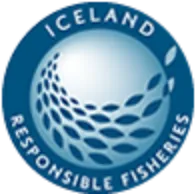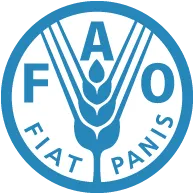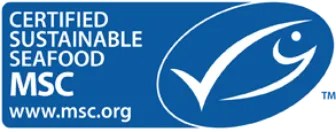Materiality
The key to driving a successful sustainability strategy is knowing which ESG aspects are more important than others to our operation. Double materiality assessment is a tool to identify the true important topics to focus on. When performing the assessment companies are looking at how their operations impact the environment, people and society and how the ESG aspects impact them financially.
A detailed double materiality assessment has been conducted. We started interviewing with both internal and external stakeholders to pinpoint the ESRS topics that were most likely to be material for Iceland Seafood and its subsidiaries. We went through an impact-, risk-, and opportunity assessment (IRO) where we evaluated our impact on the sub-themes listed and used the impact scale to determine to what degree we had an impact on the ESRS sub-themes. Then we evaluated how sustainability related issues can pose a financial risk, for instance through increased costs, reputational damage or revenue loss. We evaluated the inherent risk for each sub-theme, then went through mitigating actions, evaluated the actual risk remaining after mitigating actions have been implemented. Finally, the likelihood of the risk being actualised was evaluated.
The work that has gone into the assessment has really broadened our overall understanding of the emerging regulations related to CSRD/ESRS, as well as Taxonomy and CSDDD. We have gained a holistic perspective, and engaged a multidisciplinary team, both internal and external, from all our subsidiaries, and increased integration between sustainability and business.
We have gained perspective on the impacts, risks and opportunities within the different topics. All this leads to informed decisions on what sustainability topics truly are material to us that we will prioritize going forward.









